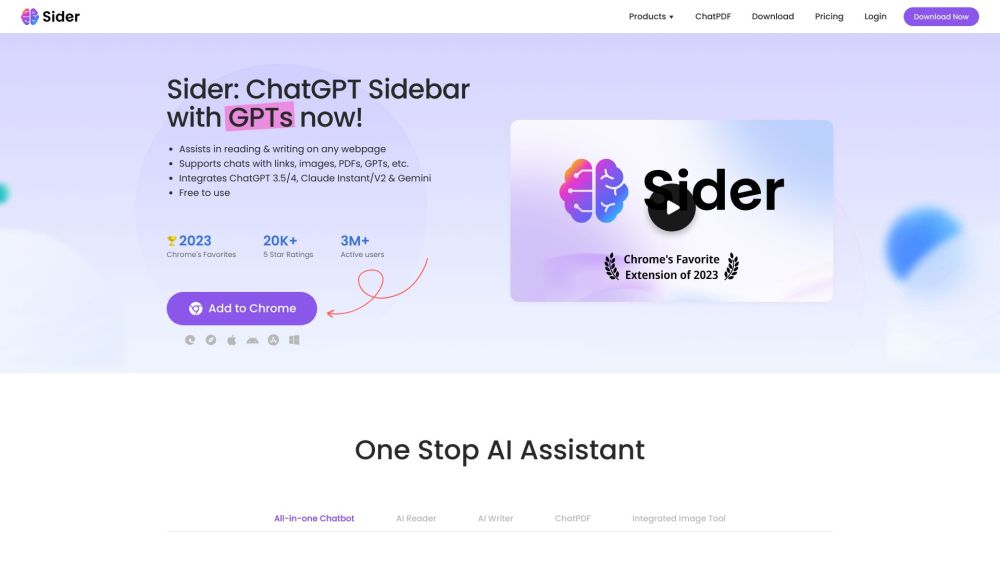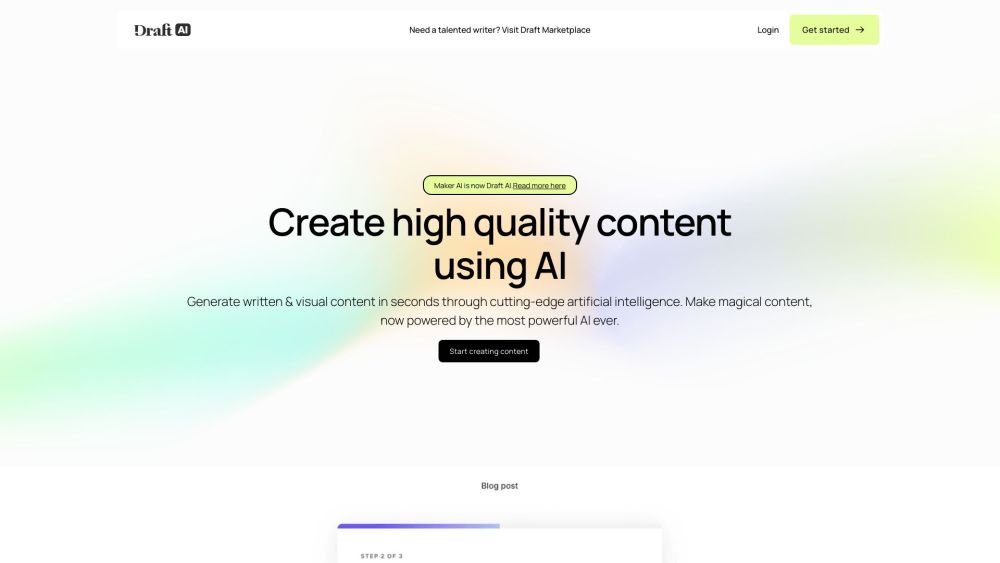Magic, an innovative AI startup focused on generating code and automating various software development tasks, has successfully secured a substantial investment round led by notable backers, including former Google CEO Eric Schmidt.
In a blog post released Thursday, Magic announced the completion of a remarkable $320 million funding round, attracting contributions from Schmidt, Alphabet’s CapitalG, Atlassian, Elad Gil, Jane Street, Nat Friedman, Daniel Gross, Sequoia Capital, and others. This funding boosts Magic’s total capital raised to nearly $465 million, positioning it alongside other well-funded AI coding startups such as Codeium, Cognition, Poolside, Anysphere, and Augment. Notably, Schmidt is also an investor in Augment.
In July, Reuters reported that Magic was aiming to secure over $200 million at a valuation of $1.5 billion. The funding exceeded expectations, although the exact current valuation remains unclear; however, Magic was valued at $500 million in February.
Additionally, Magic announced a partnership with Google Cloud to develop two advanced “supercomputers” utilizing the Google Cloud Platform. The Magic-G4 will harness Nvidia H100 GPUs, while the Magic-G5 will incorporate Nvidia’s next-generation Blackwell chips, expected to launch next year. GPUs are widely recognized for their capacity to perform numerous computations in parallel, making them ideal for training and deploying generative AI models.
Magic plans to expand the Magic-G5 cluster to “tens of thousands” of GPUs over time, allowing both clusters to achieve an impressive performance of 160 exaflops—equivalent to one quintillion calculations per second.
“We’re thrilled to partner with Google and Nvidia to create our next-generation AI supercomputer on Google Cloud,” stated Magic co-founder and CEO Eric Steinberger. “Nvidia’s Blackwell system will significantly enhance the efficiency of our model training and inference, while Google Cloud provides an optimal pathway for scaling, along with a comprehensive set of cloud services.”
Steinberger and Sebastian De Ro founded Magic in 2022, with Steinberger drawing early inspiration from AI while in high school, where he and his peers set up their school’s computers for training machine learning algorithms. This experience led him to enroll in a computer science Bachelor’s program at Cambridge, which he later left after one year to work with Meta as an AI researcher. De Ro previously worked as CTO of the German business process management company FireStart, where he gained valuable experience. The two met through ClimateScience.org, an environmental volunteer organization co-founded by Steinberger.
Magic is developing AI-driven tools designed to assist software engineers in writing, reviewing, debugging, and planning code changes. These advanced tools function as automated pair programmers, comprehensively learning the context of various coding projects.
Numerous platforms serve similar functions, with GitHub Copilot being a notable contender. However, Magic differentiates itself through its models with ultra-long context windows, termed “Long-term Memory Network” or “LTM.”
A model's context window represents the input data (like code) considered before generating output (such as additional code). Context can range from simple queries, like “Who won the 2020 U.S. presidential election?” to complex scripts or audio clips.
As context windows expand, so too does the amount of data—whether documents or codebases—integrated into them. Longer contexts help models retain information and avoid generating irrelevant output.
Magic claims its latest model, LTM-2-mini, boasts an extraordinary 100 million-token context window. To put that in perspective, one hundred million tokens equate to approximately 10 million lines of code or 750 novels. This is far superior to the next largest commercial models, such as Google’s flagship Gemini models, which manage only 2 million tokens.
Thanks to its expansive context, Magic’s LTM-2-mini successfully created a password strength meter for an open-source project and developed a calculator using a custom UI framework with minimal human intervention. The company is in the process of training a larger version of this model.
Though Magic operates with a lean team of around two dozen and has no revenue to report, it is targeting a market projected to reach $27.17 billion by 2032, according to Polaris Research—a compelling opportunity for investors.
Despite concerns regarding security, copyright, and reliability associated with AI-assisted coding tools, developer interest remains strong. GitHub’s recent survey found that most respondents have integrated AI tools into their workflows. Notably, Microsoft reported over 1.8 million paying users for Copilot, with more than 50,000 business customers.
Magic’s goals extend beyond merely automating routine software development tasks. The company envisions a pathway towards artificial general intelligence (AGI)—AI capable of solving complex problems more effectively than humans alone.
To advance these ambitions, the San Francisco-based company has recently hired Ben Chess, formerly a lead on OpenAI’s supercomputing team, and plans to bolster its cybersecurity, engineering, research, and systems engineering teams.





